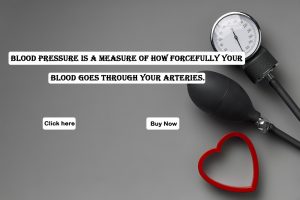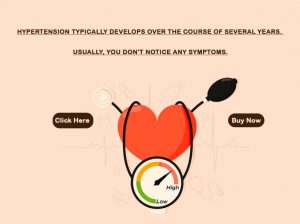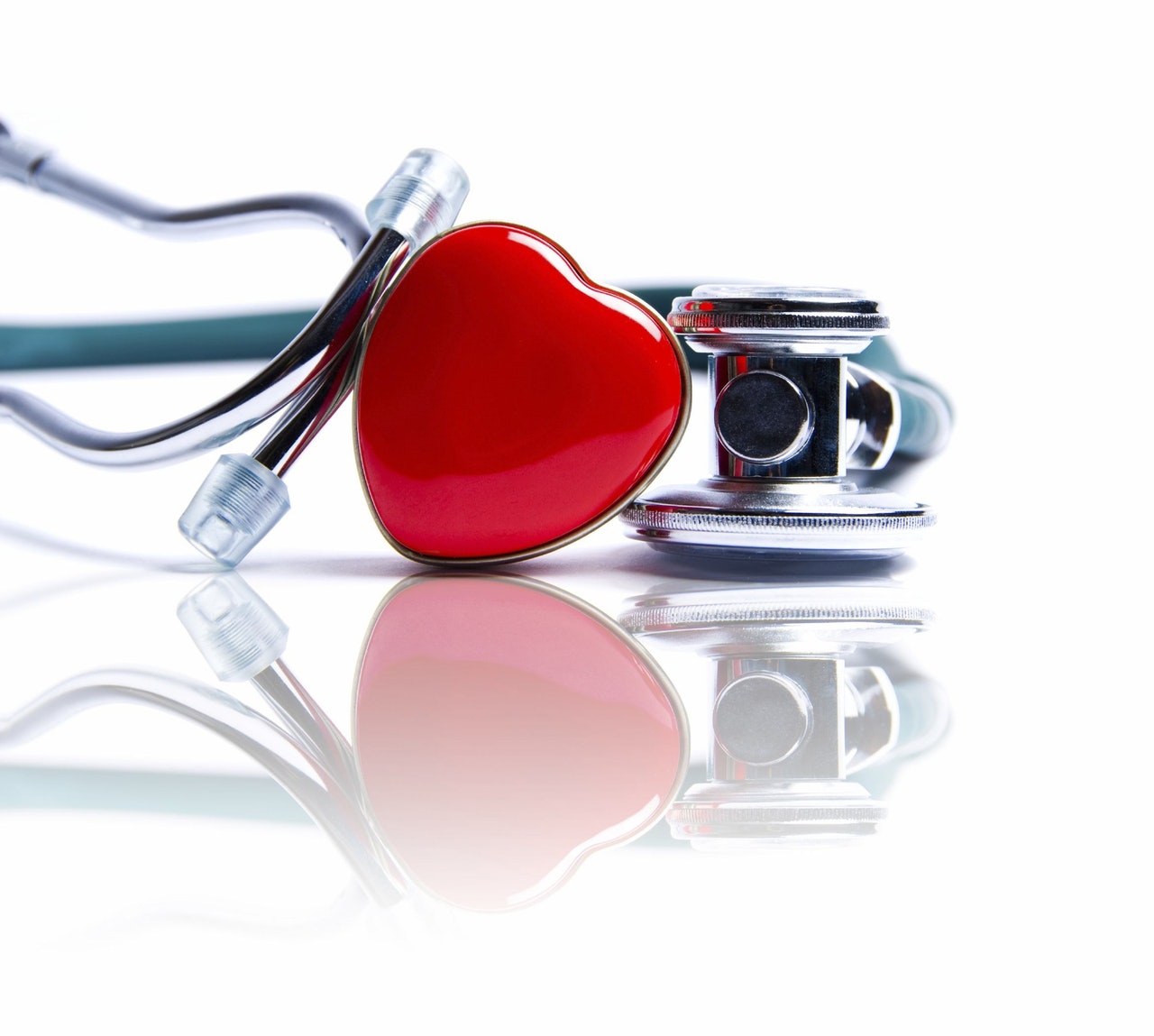When your blood pressure rises to unhealthful levels, it is called hypertension.
It is based on how much blood is passing through your blood vessels and the amount of resistance the blood meets while the heart is pumping.
Hypertension develops over the course of several years caused by narrow arteries that increase resistance.
Your blood vessels and organs, including the brain, heart, eyes, and kidneys, can be harmed by high blood pressure.
Health Risks of High Blood Pressure
Untreated high hypertension can cause heart disease and related complications such as
Vision loss
Kidney damage
Erectile dysfunction (ED)
Fluid buildup in the lungs
Memory loss
The Secondary Risk Factors of High Blood Pressure
Age
Risks increase as a person becomes older because the blood vessels become less flexible.
Poor diet
An excessively fatty and salty diet increases the risk of hypertension.
However, the problem is the type of fat rather than the amount you consume matters.
Obesity and being overweight
High blood pressure is more prone to occur in those who are obese or overweight.
Physical inactivity Sedentary lifestyles and lack of exercise increase the risk of hypertension.
Smoking
It causes the blood vessels to narrow, resulting in higher blood pressure. Smoking causes the heart pumps faster to compensate, causing an increase in blood pressure.
Alcohol intake
Drinking excessive amounts of alcohol can raise blood pressure and increase the risk of heart failure, stroke and irregular heartbeat.
Family history
Close family members with hypertension have a significantly higher risk of developing it themselves.
Diabetes
Diabetes patients have a higher risk of developing hypertension.
Nonetheless, regular blood sugar management and the authorized use of insulin can lower the long-term risk of individuals with Pregnancy
Pregnant women have a higher risk of developing hypertension after 20 weeks, than women of the same age who are not pregnant.
Treatments for Blood pressure
Dietary changes
Consume foods which are low in sodium, salt but high in potassium. Fruits are apples, bananas and oranges; vegetables broccoli, carrots; whole grains like brown rice and whole-wheat pasta. Fish rich in omega-3 and fatty oils. Foods to limit are:
Foods and drinks, high in sugar
Redmeat
Fats and sweets
Exercise
A quick and easy approach to incorporate cardio and aerobics into a routine for a healthy heart is to do so five times a week for 30 minutes each time. Control lowers elevated blood pressure and cholesterol.
Medication
Medications that can be used to treat, if lifestyle changes alone aren’t helping.
You should see a doctor if you have the following signs
Blurry Vision
Shortness of Breath
Headaches
Fatigue
Nausea
Confusion
Chest Pain
These may potentially be drug side effects or the signs of something else entirely.
If you are diagnosed with high blood pressure, you will need to manage it for the rest of your life.
Both lifestyle changes and medicine are typically needed in order to maintain a healthy blood pressure.































